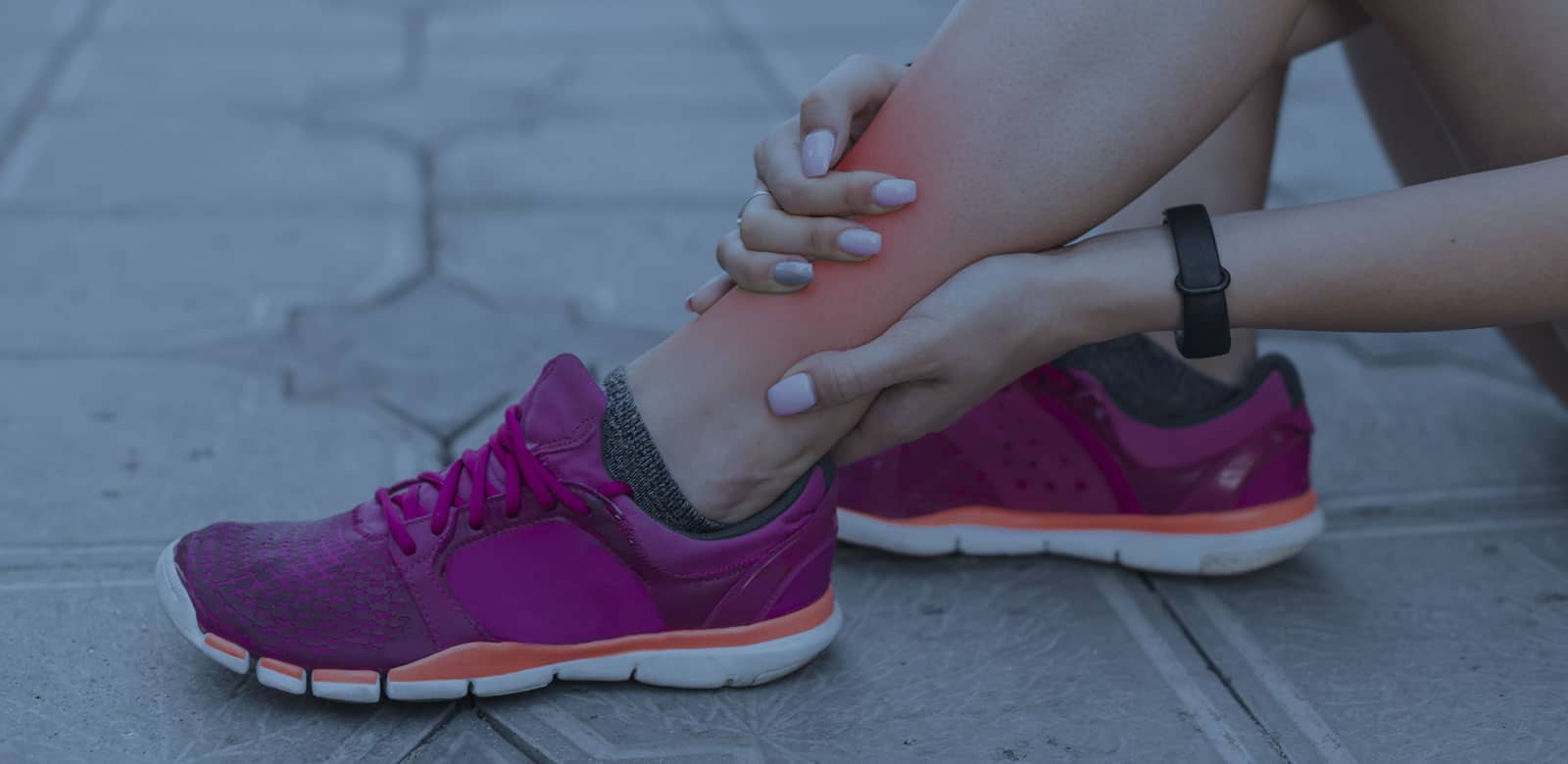
Sports Injury Physiotherapy
The success of treatment of Sports injury depends upon the understanding of the mechanism of injury and its effect on respective musculo-skeletal structures and bio mechanics.
Whether you come to us with an acute sprained ankle, an injured shoulder or a persistent knee pain, Our sports physical therapists plan the treatment goals to restore function, promote healing, and alleviate pain in patients with a wide variety of acute injuries and chronic conditions.
For any kind of sports injury, we can customize a treatment program that is tailored specifically to your individual condition, needs, and desired outcome. We also work closely with the consulting orthopedic doctors, if you have one, to make sure that the goals and the treatment is done with utmost care.
Some of the sports and performance condition we treat at OPTRA Care are:
- Golfer’s Elbow (Medial Epicondylitis)
- Tennis Elbow (Lateral Epicondylitis)
- Shoulder Pain or Shoulder Instability
- Rotator Cuff Injury
- Patello Femoral Pain Syndrome (Runner’s Knee)
- Osgood Schlatter’s Disease
- Trigger Thumb
- Mallet finger
- Ligament Sprain/Muscle Strain
- Meniscus injury
- ACL Tear / PCL Tear / Sprain
- MCL / LCL Sprain / Tear
- Achilles Tendonitis
- Shin Splints
- Dance Injuries
- Baseball/ Basketball/ Football/ Soccer Injuries
- Tennis Injuries
- Swimming Injuries
- Boxing Injuries
FAQs
Q. How long will it take for me to recover from my sports injury?
Answer: Recovery times are individualized and influenced by factors such as the nature and severity of your injury, your overall health, and how well you respond to the treatment plan. It’s essential to commit to the prescribed exercises and follow-up appointments to ensure a gradual and sustained improvement. Regular assessments will allow us to adjust the plan as needed for optimal recovery.
Q. What can I do to prevent sports injuries?
Answer: Preventing sports injuries involves a multifaceted approach. We’ll discuss specific warm-up routines tailored to your activities, exercises focused on conditioning and strengthening relevant muscle groups, and strategies to enhance flexibility. Additionally, we’ll explore biomechanical aspects and lifestyle factors to minimize the risk of injuries. Your commitment to these preventive measures is crucial for long-term well-being in your chosen sport or physical activity.
Q. How can I manage pain during my rehabilitation?
Answer: Pain management is integral to your rehabilitation journey. We’ll employ a combination of therapeutic exercises designed to address the root cause of pain, modalities such as heat or cold therapy, and lifestyle adjustments. It’s important to communicate openly about your pain levels during our sessions so that we can tailor the treatment plan accordingly. By actively participating in your pain management, we can enhance the effectiveness of the rehabilitation process.
Q. When can I safely return to my sports activities after an injury?
Answer: The timeline for returning to sports is nuanced and depends on several factors. We’ll consider the type and severity of your injury, your progress in rehabilitation, and how well your body responds to the treatment. Our goal is to facilitate a safe and gradual return to your activities, minimizing the risk of re-injury. We’ll establish checkpoints and continually assess your readiness to ensure a smooth transition back to your sports routine.”
Q.What exercises can I do at home to improve my recovery?
Answer: We will design a personalized home exercise program tailored to your specific needs and the goals of your rehabilitation. Each exercise will have a clear purpose, targeting the affected areas and promoting overall strength, flexibility, and functional recovery. During our sessions, We’ll provide detailed instructions and demonstrations to ensure you perform the exercises with proper form. Consistency in completing these exercises is crucial, as they will complement our in-clinic sessions and play a key role in expediting your recovery journey.”
